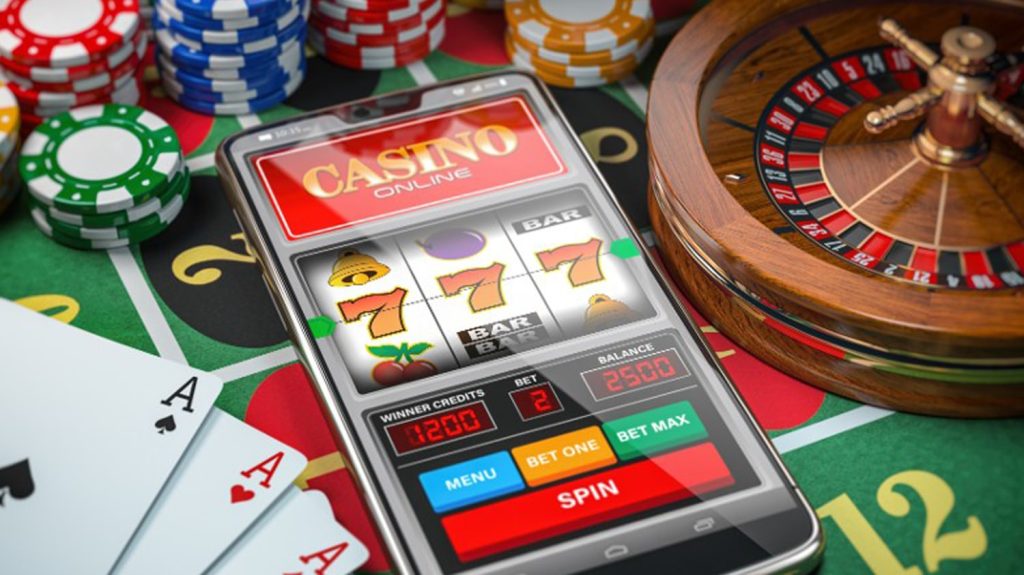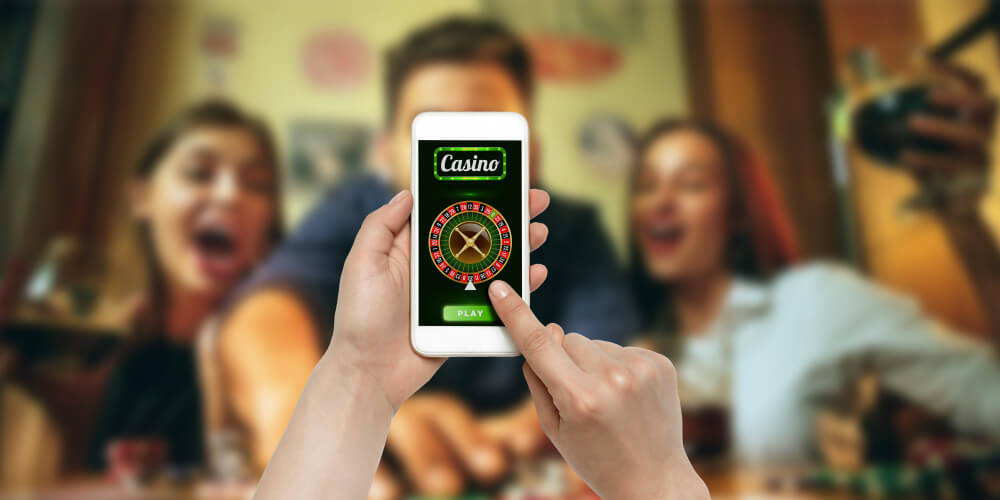The moment a player registers on an entertainment site is similar to boarding a plane: it seems simple, but behind the scenes, there is a complex security system. It is verification in a casino that ensures a safe landing without turbulence. The platform does not grant access to deposits and withdrawals until confirmation is received: the player is indeed a person with the right to participate, not a digital phantom.
Why Verification in a Casino is Necessary
Since 2017, the number of fraud cases in online gambling has increased by 36%, according to the Global Anti-Fraud Index. Verification in a casino blocks the path for fake accounts, prevents identity theft, and protects against double registration. Through document verification, the platform filters out minors, fraudsters, and “bonus hunters.”

The goal of the process is to establish that a specific account belongs to a real person of legal age, and to eliminate discrepancies that could affect the security of financial transactions.
How Casino Verification Works: Stages
 Document verification has become a standard in the industry—even in casinos licensed by Curacao, where the requirements are formally more relaxed, the system still operates. And identity verification includes the following stages:
Document verification has become a standard in the industry—even in casinos licensed by Curacao, where the requirements are formally more relaxed, the system still operates. And identity verification includes the following stages:
- Document upload. You need to provide a photo of your passport, ID card, or driver’s license.
- Address confirmation. Utility bill or bank statement dated within the last 3 months.
- Payment method confirmation. Screenshot or photo of a bank card, interface of an electronic system, or cryptocurrency wallet.
- Final check. The support team compares the data and confirms compliance.
- Result. Successfully completed verification unlocks fund withdrawals and other account functions.
The platform uses TLS encryption and KYC protocols, similar to those used in the banking sector. For verification, the interface or upload is used through technical support, depending on the site’s structure.
Protection Mechanism: How Verification Prevents Fraud
A typical scam scenario involves creating multiple accounts with different emails to receive welcome bonuses. Verification in a casino eliminates re-registration: one document, one account.
The technology functions as a multi-level grid—data protection is based on the “zero trust” principle: no step is taken without verification, including fund withdrawals. To prevent manipulation, the system identifies unique parameters—IP, cookies, device fingerprint.
This verification demonstrates the reliability of the platform to the player. Trust increases when financial transactions are backed by a guarantee of fairness.
How Verification Regulates Withdrawals and Deposits
Without passing verification, the platform blocks deposits and does not allow full use of payment systems. This requirement is not a whim but part of the global AML law (anti-money laundering).
For withdrawals over €2000, European regulations require mandatory identity confirmation. In case of refusal to verify, the casino is obligated to freeze the account by law, not by choice. Such mechanisms regulate access, not hinder it.
Reputation vs. Risk: Why it Benefits Players to Pass Verification
According to a PwC study in 2023, 84% of online service users prefer verified platforms. The reason is trust. When a platform openly uses identity verification, it indicates transparent processes and secure data architecture.
Among the advantages:
- guarantee that funds cannot be withdrawn without control;
- account protection against hacking attempts;
- ease of communication through customer support in case of disputes.
Passing identity verification makes the player a full-fledged participant in the platform with access to all functions and privileges. It’s not just about security, but also about confidence in fair play and the safety of winnings.
Law and Order: The Role of Regulation and Licenses
A license is the foundation of any legal gambling business. A platform certified by MGA, UKGC, or Curacao eGaming commits to implementing verification in a casino at the level of KYC standards. Such platforms rigorously control:
- compliance with age restrictions;
- adherence to transaction limits;
- protection of personal data;
- activity analysis algorithms to prevent addiction.
A gaming platform without verification loses the right to operate in most countries, including Canada, Germany, and the Netherlands.
When Casino Verification Doesn’t Go as Planned
A common reason for rejection is an unclear document photo. The platform also rejects the verification process if there are discrepancies between the profile and the uploaded files. For example, when providing a fictitious address, the system detects inconsistencies during the residency check.
Another challenge is attempting to use others’ cards or payment accounts. Verification in a casino eliminates the possibility of managing funds not belonging to the registered user. Such actions not only block the operation but also the entire account.
In case of a dispute, customer support explains the reason for rejection and helps correct the documents. However, exceeding time limits (often 72 hours) leads to automatic restrictions on account functions—as a regulatory and protective measure.
Casino Verification: Not Just About Players
Online casinos implement internal identification protocols not only for customers. Operators, game providers, and even customer support teams undergo similar procedures. This protects businesses from corporate fraud, data breaches, and fake affiliate programs.
This approach is not a whim but a direct requirement of international norms. For example, when licensed in Malta, an operator must provide proof of funding sources, legal cleanliness, and a list of employees with resume, tax, and criminal record data.
Therefore, verification in a casino is not a one-time formality but an integral part of the entire gambling ecosystem.
How to Quickly Pass Casino Verification: Hacks
The speed of data confirmation depends not only on the platform but also on how well-prepared the player is. Simple actions at the start help avoid delays and streamline the process to a minimum.
Minimizing verification time is possible by meeting three conditions:
- document photo—colorful, glare-free, with visible edges and data;
- providing a real address during registration;
- using payment methods with matching owner names.
It is important to note that how casino verification works depends on the jurisdiction. In the European Union, verification is completed within 24–48 hours, while in offshore licenses, the process can take up to 5 business days.
New platforms are actively implementing automatic services through AI: OCR technology allows documents to be read and verified without human involvement. Such mechanisms are already in place on Stake, LeoVegas, and PlayOJO platforms.
Fairness as an Asset: Verification Strengthens Trust and Reputation
Document verification shows that the platform values its reputation. In the growing competition among online casinos, every detail affects audience retention. The KYC procedure serves as a guarantee of fairness: unauthorized fund deductions, withdrawal to another account, and system manipulation through fake accounts are impossible.

One case study is the British casino Mr Green, which strengthened its KYC policy in 2022. The result was a 23% increase in trust, a 41% decrease in customer support requests, and a 12% increase in average spending. Transparency equals loyalty.
Conclusion
 Verification in a casino shapes a professional gaming culture. Identity verification ensures security, eliminates manipulations, and regulates access within the law. Without this procedure, the development of an industry based on digital transactions, large sums, and the right to fair play is impossible. It’s a filter that separates randomness from system, and risk from trust.
Verification in a casino shapes a professional gaming culture. Identity verification ensures security, eliminates manipulations, and regulates access within the law. Without this procedure, the development of an industry based on digital transactions, large sums, and the right to fair play is impossible. It’s a filter that separates randomness from system, and risk from trust.
 en
en  ru
ru  de
de  ar
ar  es
es  hi
hi  fr
fr  nl
nl  it
it  pt
pt  el
el 









